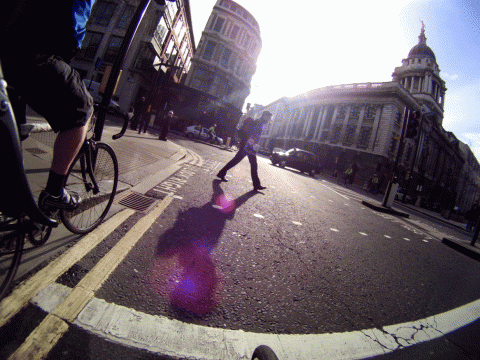
Why cycling?
The UK – and the world – faces major policy challenges including climate change, economic crisis, and the rise in limiting, costly illnesses linked to low levels of physical activity. Transport contributes to these problems.
Over the past century human powered journeys have increasingly been replaced by motorised journeys. Road transport accounts for a substantial and growing share of Europe's CO2 emissions, while the cost of motoring is a heavy burden on households. Active transport modes - walking and cycling - could help to solve these problems. They are green, cheap and an obvious way for many people to get their daily exercise.
Why cultures?
We need more evidence about how active transport levels could be increased – what motivates people to walk and cycle, what barriers and encouragements they experience.
This project looks at cultural and collective aspects of cycling, rather than individual level psychological factors.
We think this approach can improve our understanding of people's views and experiences of active transport, which in turn can help us develop policies to benefit people and the environment.
Which cycling cultures?
This project will focus on four relatively high-cycling areas in depth, trying to find out why cycling thrives in these areas.
The four chosen areas (Hull, Hackney, Cambridge and Bristol) have differing social and spatial characteristics (from average income levels and ethnic mix to hilliness and local climate). They have different policy and political environments (e.g. prominence of local cycling campaigns, political composition of local authorities).
We will ask: How do these differing contexts influence the "cycling cultures" to be found in each area?
The project will analyse different components of cycling cultures, and how inclusive they are of different social groups. It will investigate different ways in which people think about and practise cycling within each locality, and explain how cycling provides particular ways of experiencing the four places.
For more information visit cyclingcultures.org.uk
